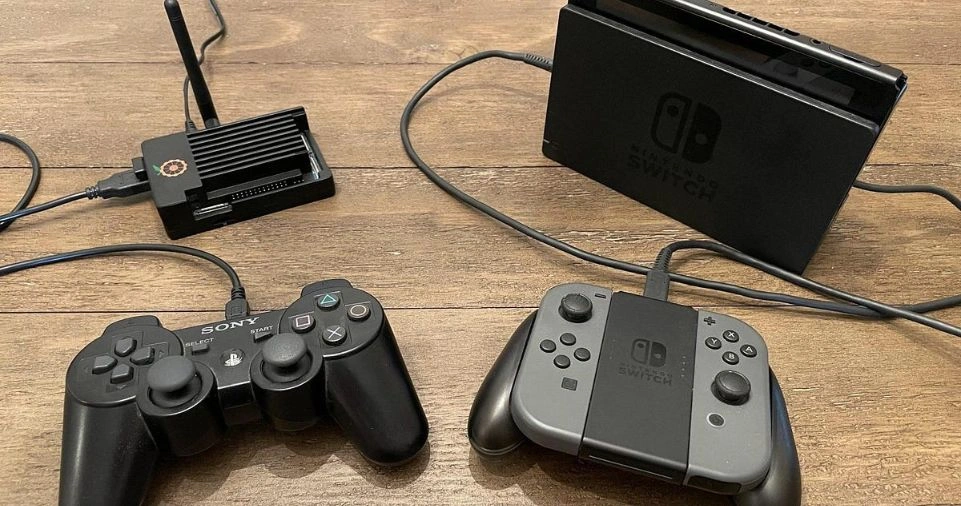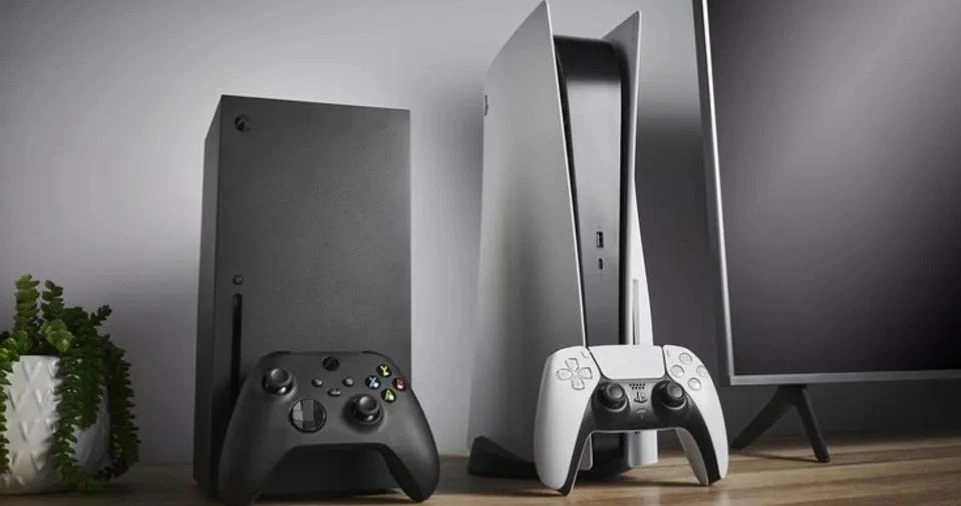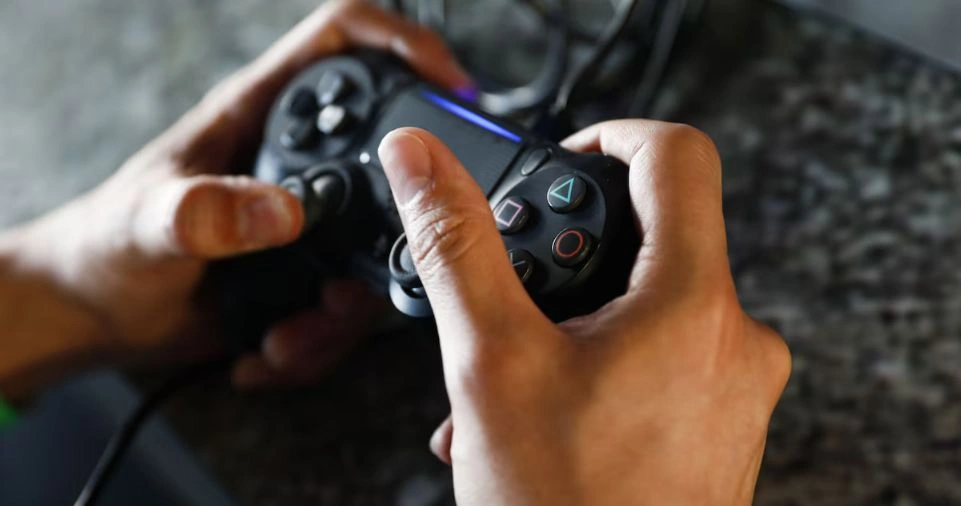Choosing your first video game console is an exciting yet crucial decision that shapes your gaming experience.
With top contenders like the Nintendo Switch, PlayStation 5, and Xbox Series X/S offering unique features, understanding what suits your gaming needs is essential.
Whether you’re drawn to immersive single-player adventures, competitive multiplayer games, or on-the-go entertainment, each console delivers a distinct experience.
This guide breaks down key factors like performance, game libraries, portability, and budget, providing a detailed comparison to help you make an informed choice.
By the end, you’ll know exactly which console aligns with your gaming style and long-term expectations. Let’s dive into the specifics and find your perfect gaming companion.
Why Getting the Right Console Matters?
Your first gaming console is not just a device—it’s an investment in your leisure, a gateway to new experiences, and a potential social platform. Choosing the right one ensures:
- Access to games you love.
- A smooth gaming experience.
- Compatibility with your lifestyle and preferences.
- Long-term satisfaction with your purchase.
Key Factors to Consider

When choosing a video game console, consider the following factors:
Types of Games You Want to Play
Each console offers exclusive titles that might appeal to different gamers:
- Nintendo Switch: Known for family-friendly and exclusive titles like The Legend of Zelda, Mario Kart, and Animal Crossing.
- PlayStation: Popular for story-driven and graphically stunning exclusives like The Last of Us and God of War.
- Xbox: Offers great multiplayer games and titles like Halo and Forza.
Portability
If you need a console that’s easy to carry:
- The Nintendo Switch excels as a hybrid console, usable in handheld or docked modes.
- PlayStation and Xbox are designed primarily for home use but offer remote play features.
Online Features
Online gaming and subscriptions are important for many players:
- Nintendo Switch Online is budget-friendly but has a limited library of retro games.
- PlayStation Plus and Xbox Game Pass Ultimate offer more extensive online features, free monthly games, and cloud gaming options.
Budget
Here’s a quick breakdown of approximate costs:
- Nintendo Switch: $299 (Standard), $349 (OLED), $199 (Lite).
- PlayStation 5: $499 (Standard), $399 (Digital Edition).
- Xbox Series X: $499; Series S: $299.
Ecosystem and Compatibility
Consider what your friends are playing, as it might influence your decision. Also, think about backward compatibility if you want to play older games:
- Xbox has extensive backward compatibility.
- PlayStation supports some PS4 games.
- Nintendo Switch lacks backward compatibility for older Nintendo consoles.
Accessories and Add-Ons
Additional costs for controllers, VR kits, or accessories should also be factored in. For instance:
- The Switch has a variety of quirky accessories like Joy-Cons and Ring Fit.
- PlayStation VR and Xbox Adaptive Controller cater to niche needs.
ALSO READ: How to Set Up Your First Gaming PC: A Complete Guide for Beginners
A Closer Look at the Consoles
Below is a detailed comparison of the Nintendo Switch, PlayStation, and Xbox to help you understand their unique features.
| Feature | Nintendo Switch | PlayStation 5 | Xbox Series X/S |
|---|---|---|---|
| Portability | Highly Portable | Non-Portable | Non-portable |
| Exclusive Games | Family-friendly, iconic franchises | Story-driven, visually stunning | Multiplayer-focused, diverse |
| Performance | 1080p (Handheld), 4K (Docked on OLED) | 4K with ray tracing | 4K with ray tracing |
| Online Service | Affordable, limited retro games | PS Plus with free monthly games | Xbox Game Pass with cloud gaming |
| Backward Compatibility | None | Limited PS4 support | Extensive compatibility |
| Price | $199–$349 | $399–$499 | $299–$499 |
Pros and Cons of Each Console

Nintendo Switch
Pros:
- Highly portable, perfect for on-the-go gaming.
- Affordable compared to others.
- Iconic Nintendo exclusives.
- Family-friendly with a vast library of multiplayer games.
Cons:
- Limited graphics and performance compared to PS and Xbox.
- Online service lacks modern features.
- No backward compatibility.
PlayStation 5
Pros:
- Stunning graphics with 4K support and ray tracing.
- Excellent exclusives for single-player and story-driven experiences.
- Great VR support with PlayStation VR.
Cons:
- Expensive, especially with accessories.
- Large and less portable.
- Limited backward compatibility.
Xbox Series X/S
Pros:
- Affordable entry-level option with Series S.
- Game Pass Ultimate is a great value for gamers.
- Strong backward compatibility with old Xbox games.
Cons:
- Fewer high-profile exclusives.
- Larger focus on multiplayer might not appeal to solo gamers.
ALSO READ: How to Start Gaming on a Budget: Affordable Gear and Game Recommendations
Tips for Choosing the Right Console
Here are practical tips to help you make the decision:
Test Before You Buy
If possible, try playing on the consoles through friends, demo kiosks, or gaming cafes. It helps you understand the feel of the controllers and interface.
Prioritize Your Needs
Make a list of must-haves (e.g., portability, exclusives) and compare how each console fulfills those needs.
Consider Future-proofing
If you plan to use the console for many years, invest in one with strong performance and an extensive library.
The Future of Gaming Consoles

Understanding the trends in the gaming industry can also influence your decision. With cloud gaming services like Xbox Cloud Gaming and PlayStation Now gaining traction, your next console might heavily integrate streaming technology.
ALSO READ: How to Play Wordle in Other Languages: Tips for Non-English Versions
Conclusion
Choosing your first video game console doesn’t have to be overwhelming. By understanding your preferences, budget, and the features of each system, you can find a console that aligns with your lifestyle.
Whether it’s the portable fun of the Nintendo Switch, the cutting-edge graphics of the PlayStation 5, or the value-packed ecosystem of the Xbox Series X/S, your first gaming console is the start of an exciting journey.
FAQs
Q: Which console is best for beginners?
The Nintendo Switch is a great starting point for beginners, thanks to its ease of use, portability, and family-friendly library.
Q: What about subscriptions?
While PlayStation and Xbox subscriptions are pricier, they offer more perks like free games and cloud gaming. Nintendo Switch Online is affordable and ideal for casual gamers.

